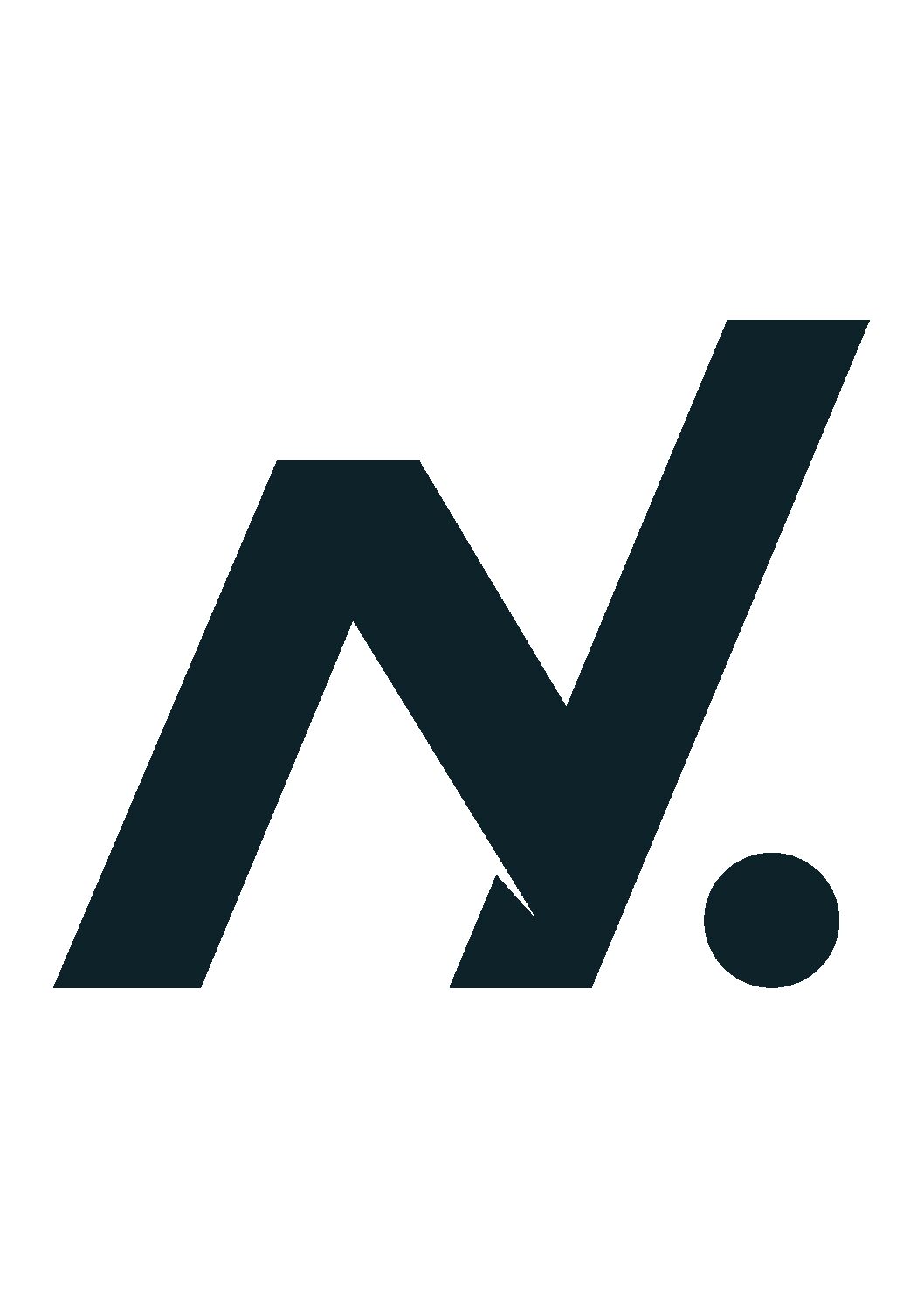In coaching, it’s tempting to rely on structured tools, models, and frameworks. They bring clarity, predictability, and measurable results. We love results because they look good on paper. They satisfy our need for control and certainty. They give us something concrete to show that change happened. As coaches, we often want to be the ones who made that change possible. It feels good to say, “Look, we did something that mattered.”
But here’s a quiet truth we all face at some point: life is messy, and it doesn’t stop being messy.
Clients don’t come to coaching as problems to fix. They come as complex, living humans. They have contradictions, emotions, uncertainty, and longings. The deeper we go into topics like identity, purpose, or shadow work, the more this complexity resists structured solutions.
Often, we reach for frameworks or techniques, not always because the client needs them, but because we do. We crave structure when things feel uncertain. While tools and models can help, we must ask: are they supporting the client’s growth, or are they limiting it? Are we using them to invite discovery or to avoid discomfort?
Sometimes, the urge to use a particular tool or aim for a specific outcome is more about us. We want to feel competent, impactful, and needed. We want to believe we are doing something valuable. But whose need are we really serving? Are we truly supporting the client’s growth, or just chasing results to reassure ourselves?
Letting go of that quiet pressure is part of the real work. Coaching without an agenda means releasing the need to fix, solve, or impress. It means trusting the person in front of us even when they feel stuck, unclear, or seem not to be progressing. Not every session results in insight. Not every conversation leads to a breakthrough. Sometimes, the most important thing is simply holding space, allowing the mess to be there without trying to clean it up.




